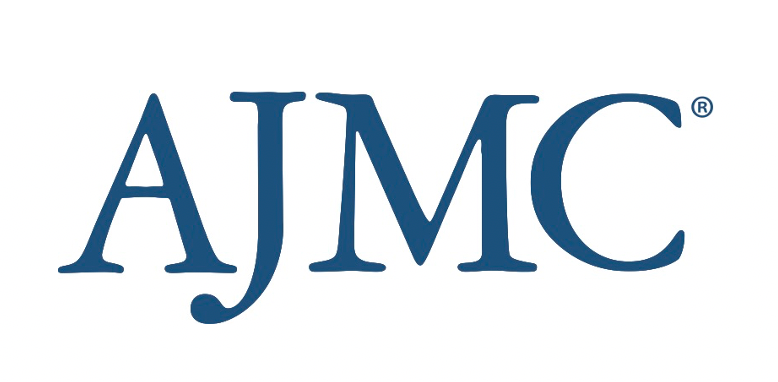Opinion
Video
ESMO 2023 Insights: SunRISe-1 Study of TAR-200 in BCG-Unresponsive Bladder Cancer
Siamak Daneshmand, MD, discusses the results of SunRISe-1 study of TAR-200, an intravesical drug delivery system, in patients with BCG-unresponsive HR NMIBC from ESMO 2023.
EP: 1.Biomarkers and Molecular/ Genomic Testing in Genitourinary Cancers
EP: 2.Bladder Cancer with FGFR Alterations: THOR-2 Cohort 1 Study at ESMO 2023
EP: 3.Overview of BCG-Unresponsive Bladder Cancer Treatments Landscape
EP: 4.ESMO 2023 Insights: SunRISe-1 Study of TAR-200 in BCG-Unresponsive Bladder Cancer
EP: 5.Key Highlights from EV-302 Study at ESMO 2023
EP: 6.LITESPARK-003 Trial Insights: Updates from ESMO 2023
EP: 7.Future Opportunities in Genitourinary Cancers
This is a video synopsis/summary of a panel discussion involving Sia Daneshmand, MD.
Daneshmand discusses results from the TAR-200 “pretzel” intravesical delivery device studies for BCG-unresponsive non–muscle invasive bladder cancer. The TAR-200 silicone device releases gemcitabine over 3 weeks when placed in the bladder via catheter. Early phase 1 studies showed good tolerability.
The SunRISe-1 study tested TAR-200 with or without the PD-1 inhibitor cetrelimab versus cetrelimab alone in BCG-unresponsive patients. In the TAR-200 alone cohort (n = 30), complete response rates were 77% to 80%, much higher than expected. Cetrelimab alone had a 38% complete response rate, like pembrolizumab. This suggests the device itself is contributing significant efficacy.
Daneshmand notes the TAR-200 device is a promising novel therapeutic option that is well tolerated. Future studies will evaluate combinations and utility across disease settings. The SunRISe 2-4 studies are testing TAR-200 in muscle-invasive bladder cancer, BCG-naive patients, and neoadjuvantly, respectively. Early data showed TAR-200 activity even in muscle-invasive disease. These large ongoing trials will help determine optimal integration of the TAR-200 device for bladder cancer.
Video synopsis is AI-generated and reviewed by AJMCÒ editorial staff.




